"Emergent excitations and novel phase transitions in geometrically frustrated magnets"Seunghun Lee , National Institute of Standards and Technology [Host: Despina Louca]
ABSTRACT:
Strongly correlated systems where the degrees of freedom cannot order despite
their strong interactions have constituted an important issue in modern
condensed matter physics. Such systems usually have many competing states as
ground states that can lead to qualitatively new states of matter. An
example is geometric frustration, a magnetic phenomenon in which the topology
of the lattice induces a macroscopic ground state degeneracy and prohibits the
spin system from ordering. The important issues in this field are: (1) what
the nature of the spin liquid phase is and (2) how the system responds to the
ground state degeneracy. In this talk, I will address these issues by discussing a spinel
antiferromagnet ZnCr2O4. In ZnCr2O4, the magnetic Cr3+ ions form a lattice of
corner-sharing tetrahedra with uniform nearest neighbor antiferromagnetic
couplings and makes the system as the most frustrated magnet so far. Recently
we found by inelastic neutron scattering that a composite spin degree of
freedom emerges in the cubic spinel. In the gapless spin liquid phase, spins
self-organize into weakly interacting antiferromagnetic hexagonal loops rather
than fluctuating individually. The emergence of the composite spin degree of
freedom suggests an organizing principle for frustrated systems such that if
macroscopic condensation is not possible, interacting degrees of freedom
combine to form rigid clusters. We have also shown that the system can lift
the degeneracy via a spin-Peierls-like phase transition from the cubic spin
liquid to a tetragonal Neel state. Finally, if time allows, I will also
discuss how the spin liquid state and the phase transition change in the
presence of bond/site disorders or further neighbor interactions.
|
Condensed Matter Seminar Thursday, April 3, 2003 3:30 PM Physics Building, Room 204 Note special room. |
To add a speaker, send an email to phys-speakers@Virginia.EDU. Please include the seminar type (e.g. Condensed Matter Seminars), date, name of the speaker, title of talk, and an abstract (if available).
 Physics at Virginia
Physics at Virginia